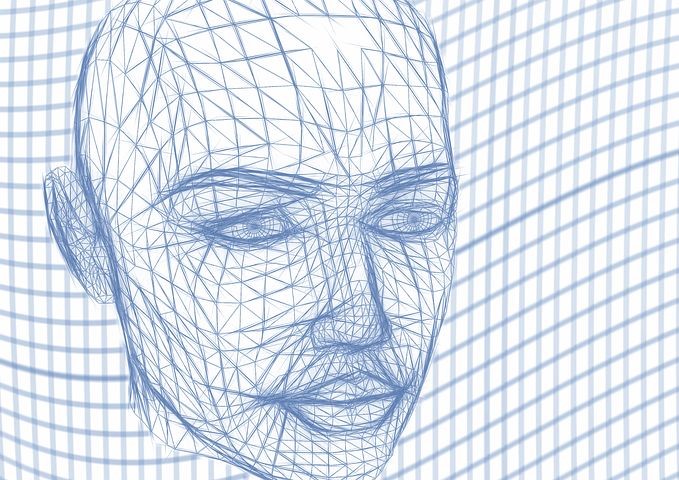How are AI voices progressing, and can they replace human voices? Let’s take a closer look at this advancing area of technology.
As AI advances, the race to make more human sounding voices continues. As it stands, the most advanced AI voices are becoming harder to identify as AI, however, the lack of emotion and limited range of regional accents is still limiting AI voices.
There are some studies currently ongoing to try and mimic real human voices with nifty approaches like speech recording analysis. However, those kinds of advances are also faced with ethical questions about the potential misuse of any truly accurate sounding AI voices. Nonetheless, the quest to make AI sound more realistic will continue, and we are likely to see some advances in the near future.
The Challenges with Making AI Sound Human
There are multiple barriers to making AI sound more like real human voices. One of the key problems is that most systems currently work on a text-to-speak system which means the computer system is interpreting how those words are spoken, slotting together phrases and words based on what the system calculates to be the most appropriate response.
With new studies and techniques, a deeper learning within the system will occur, to learn more and more speech patterns and links, for a more natural result. It’s all about stronger connections between data and interpreting that data in a way that truly echoes how humans connect speech and text data. To further those studies, the eventual result will work on intelligent analysis of any one person’s voice, which can then be learnt and added to the data of many other voices held by the programme. All that being said, algorithms will still always be limited in a way that a human voice is not.
Why Can’t AI Replace A Human Voice?
As it stands, AI is unable to truly replace a human voice and its effectiveness in various applications, such as video voice overs, according to the professional voice over agency Matinée Multilingual. Humans naturally want to hear a human voice because we struggle to connect with a voice lacking emotion more than a few short sentences. Studies have even shown that to be the case.
We are built to pick up on very small nuances in both verbal and non-verbal communication, so when those details are missing, we can’t focus on the information being given to us. To summarise, it isn’t about what we say, but more about how we say it. The intensity, volume, speed of speech and tone are factors you naturally integrate into the way you speak, and those factors all at the same time is a combination mechanised voices cannot replicate.
Why Choose a Real Human Voice in Your Project?
If you have a project where you are using a voice over, it is a good idea to use a human voice over service to get the best possible results. Sure, you might be able to save some money with a mechanised programme, but you may well lose the integrity, power and effectiveness of your project.
With a human voice over actor you get all the expression, personality, pace and emotion you need to put your message across. This helps you truly speak to your audience, and boost your project with real human connection.
AI Human Voices – A Work in Progress
Nobody really knows what we will see in the future when it comes to artificial intelligence, including the way AI voices sound. What we do know is that right now, humans want to hear humans for a true connection and comprehension of what is being said. For your next voice over project, avoid a mechanised voice for the most effective vocalisation of your message.

